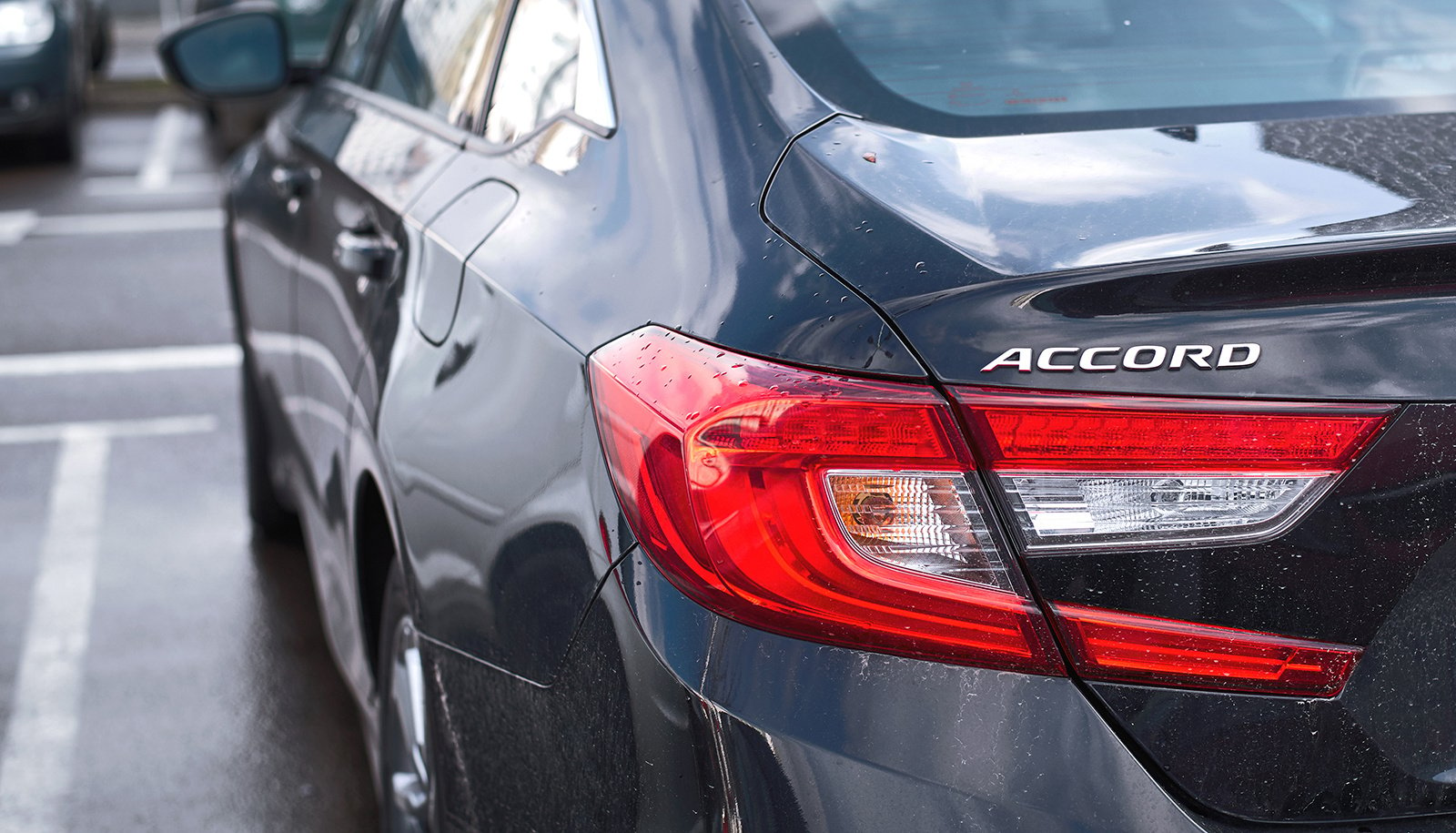Navigating the complexities of modern vehicles can sometimes feel like trying to decipher a cryptic message. One puzzling alert is the "Check Charge System" warning that can appear on the dashboard of a Honda Accord.
This message isn't just a random notification; it's a crucial indicator of your vehicle's health, particularly the charging system's functionality. Understanding what triggers this message and how to respond is vital for every Honda Accord owner.
WHAT DOES THE "CHECK CHARGE SYSTEM" ALERT MEAN?
The "Check Charge System" alert in a Honda Accord signals a potential problem with the vehicle's charging system. The alternator's work is essential for recharging the battery while the car is running, so this system is essential.
If the system encounters an issue, this alert is the car's way of saying it might not be able to keep the battery charged. This could potentially lead to a situation where your car fails to start or stops running altogether.
4 COMMON CAUSES OF CHARGING SYSTEM PROBLEMS
The "Check Charge System" message in a Honda Accord is an alert triggered by various issues within the vehicle's charging system. This system is designed to maintain the battery's charge and ensure your car has the electrical power it needs to run efficiently. Understanding the common causes can help you identify and address the problem more effectively.
1. Battery Issues
The battery is the backbone of your car's electrical system, storing the electrical charge needed to start the engine and power the vehicle's electronic components. Over time, a battery can lose its ability to hold a charge due to age, which typically spans 3 to 5 years.
Additionally, if the battery is improperly connected, with loose or dirty terminals, it may not recharge correctly. Regular checks can help ensure your battery maintains a good connection and identify when it's time for a replacement.
2. Alternator Failures
Your alternator plays a critical role in charging your battery while the engine runs, converting mechanical energy into electrical power. Signs of an alternator beginning to wear out include dimming headlights or dashboard lights and the battery dying frequently.
Alternator issues can stem from internal component failures, such as worn bearings or aging brushes, which can lead to insufficient charging or complete failure to charge the battery.
3. Electrical Connections
The charging system is interconnected through a network of wires and connections that can deteriorate over time.
Corrosion at connection points – including the battery terminals, ground connections, and the alternator itself – can prevent the efficient flow of electricity. Loose connections can also disrupt the charging process, making it crucial to inspect and clean these points regularly to ensure optimal performance.
4. Serpentine Belt Problems
The serpentine belt drives the alternator and other components like the power steering pump and air conditioning compressor. It's a long, winding belt that, if damaged or excessively worn, can slip or break, leading to a decrease in alternator output and, consequently, undercharging of the battery. Regular inspection for cracks, fraying, or looseness can prevent serpentine belt issues from impacting the charging system.
Addressing these common causes promptly can prevent further damage to the charging system and other vehicle components, ensuring your Honda Accord runs smoothly and reliably.
CAN I DRIVE WITH A CHARGING SYSTEM WARNING LIGHT?
Driving with this warning light on is risky. Your car might seem fine in the short term, but the underlying issue could suddenly worsen, leaving you stranded. It's advisable to address the problem as soon as possible to avoid further damage to the charging system or other vehicle components.
HOW TO FIX "CHECK CHARGE SYSTEM" IN A HONDA ACCORD
Addressing a "Check Charge System" alert involves several steps:
- Preliminary Checks: Inspect the battery terminals for corrosion, ensure the serpentine belt is in good condition, and check the alternator's connections.
- Professional Diagnosis: If initial checks don't resolve the issue, a comprehensive diagnostic by a professional is crucial. They can assess the charging system fully and identify whether the battery, alternator or another component is at fault.
- Possible Repairs: Depending on the diagnosis, repairs could range from replacing the battery or alternator to fixing electrical connections.
- Preventative Measures: Regularly check your vehicle's charging system components to prevent future issues. This includes inspecting the battery's condition and ensuring all connections are secure.
DOES INSURANCE COVER CHARGING SYSTEM PROBLEMS?
Insurance coverage for charging system problems depends on your policy type. Standard auto insurance policies typically do not cover mechanical failures unless directly caused by a covered incident like an accident. However, Mechanical Breakdown Insurance (MBI) might cover such problems, subject to the terms of your policy. Reviewing your insurance agreement is essential to understand what's covered.
The "Check Charge System" message in a Honda Accord serves as an early warning system, indicating when there's a potential issue with your vehicle's charging system. Ignoring this alert can lead to more significant problems, including getting stranded with a car that won't start. By understanding the common causes and knowing how to respond, you can ensure your Honda Accord remains reliable and ready to drive.
If you need help finding the best car insurance coverage for the best price, speak to a SimplyIOA agent at 833.872.4467 or get an auto insurance quote online now.











